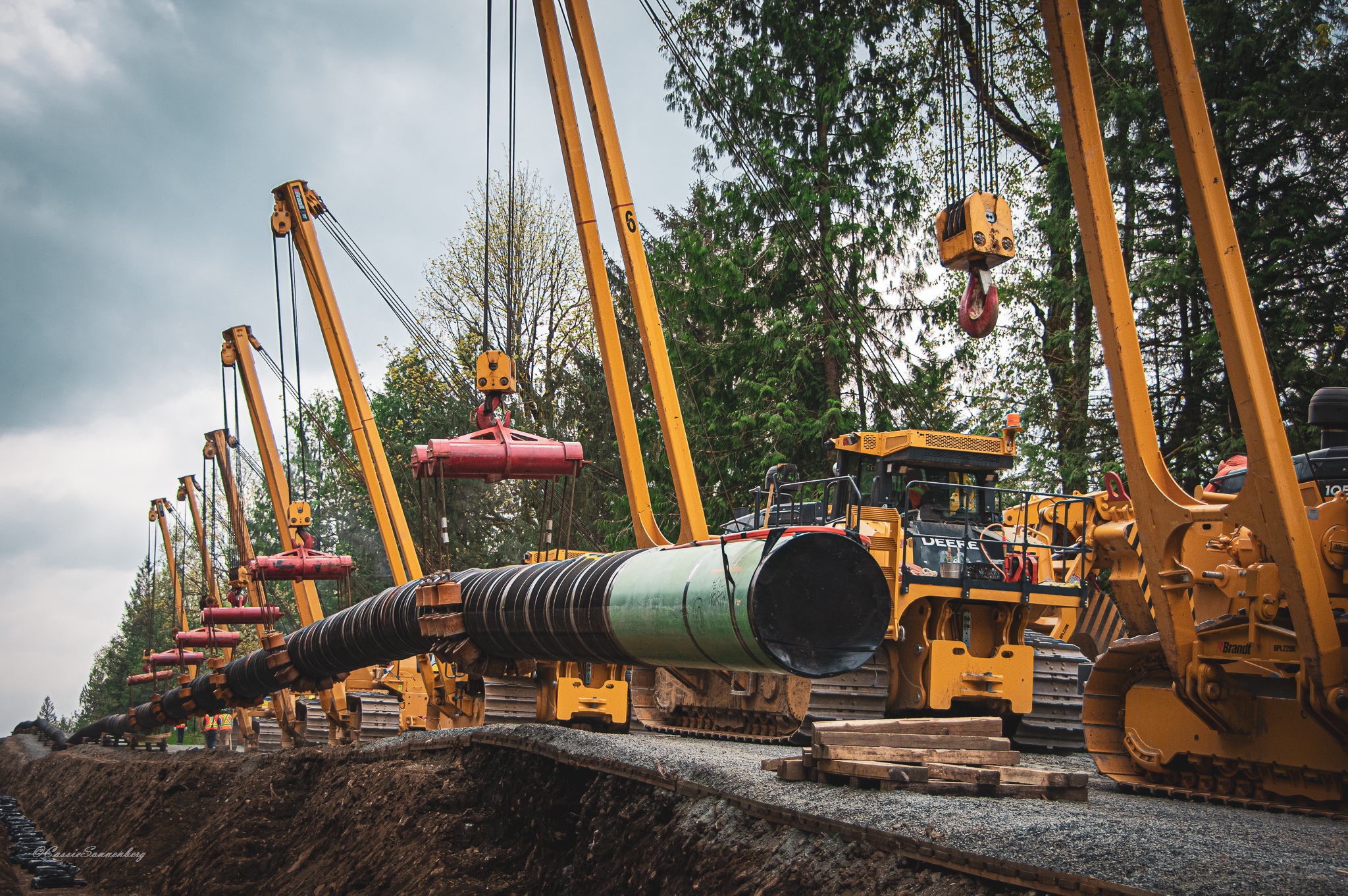Trans Mountain Pipeline Expansion Stalled as Canada Regulator Rejects Variance Request
(Reuters) — The Canada Energy Regulator (CER) on Tuesday denied a request from the Trans Mountain Expansion (TMX) project for a variance on a section of oil pipeline under construction in British Columbia, a decision that could delay the 590,000 barrel-per-day (bpd) expansion.
Trans Mountain had asked to be allowed to install smaller diameter pipe in a 1.4-mile (2.3-km) section of the oil pipeline's route after encountering "very challenging" drilling conditions due to the hardness of the rock in a mountainous area between Hope and Chilliwack.
The CER denied the variance, according to a letter posted on its website. The regulator said it would give reasons as soon as possible, but had initially issued the decision without reasons because Trans Mountain had asked for an expedited process.
At a hearing on Nov. 27, Trans Mountain representatives said installing the smaller pipe would save 59 days of construction time and keep the expansion on track for a start date late in the first quarter of 2024.
Denying the variance request risked delaying the start date, and drilling a wider section for the larger diameter pipeline to pass through was "unpredictable," Trans Mountain said.
The CER decision is yet another setback for the troubled expansion project, intended to triple shipments of crude from Alberta to Canada's Pacific coast to 890,000 bpd once it starts operating.
Oil market participants in Calgary said the discount on Canadian crude to U.S. benchmark crude widened as a result of the decision.
TMX is due to start shipping oil by the end of March 2024, but a string of construction-related hurdles have fueled concerns the expansion could be delayed.
Trans Mountain, a Canadian government-owned crown corporation, said in a statement it was awaiting reasons for the CER's decision.
"Construction on the Trans Mountain Expansion Project is now more than 97% complete," a spokesperson added.
The C$30.9 billion ($22.78 billion) project, first proposed by Kinder Morgan in 2012, has been beset by years of regulatory delay and cost over-runs and was bought by the Canadian government in 2018 to ensure it was built.
Related News
Related News

- Keystone Oil Pipeline Resumes Operations After Temporary Shutdown
- Freeport LNG Plant Runs Near Zero Consumption for Fifth Day
- Biden Administration Buys Oil for Emergency Reserve Above Target Price
- Mexico Seizes Air Liquide's Hydrogen Plant at Pemex Refinery
- Enbridge to Invest $500 Million in Pipeline Assets, Including Expansion of 850-Mile Gray Oak Pipeline





Comments